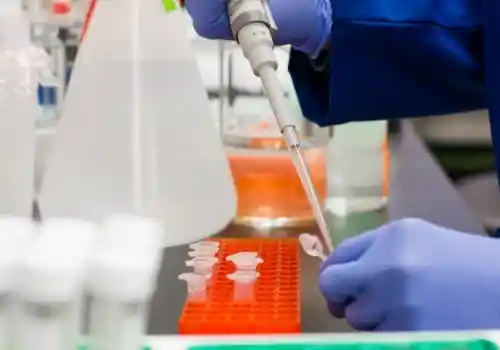Services
We offer full-time and result-oriented solutions for your projects.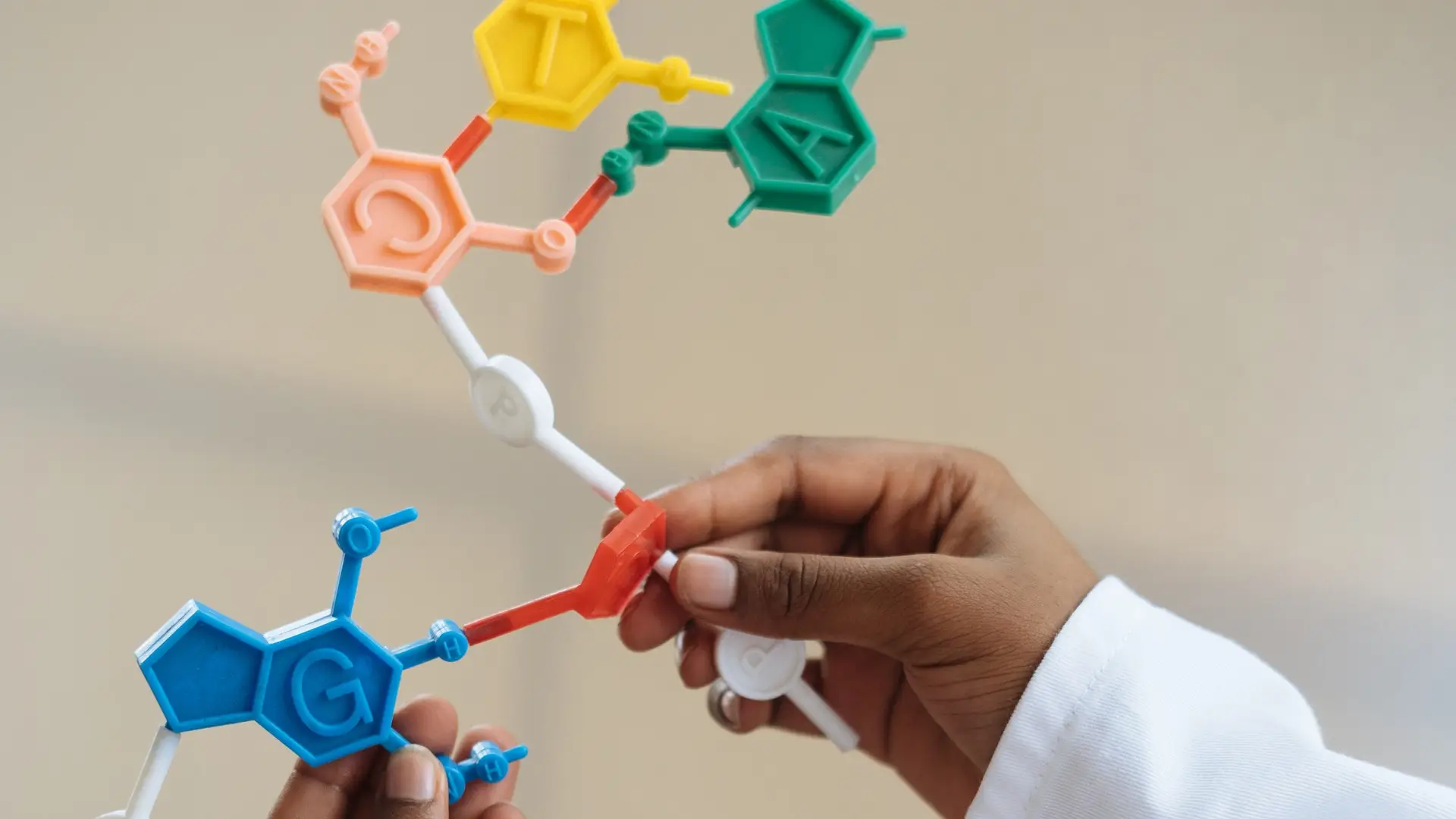
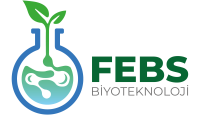


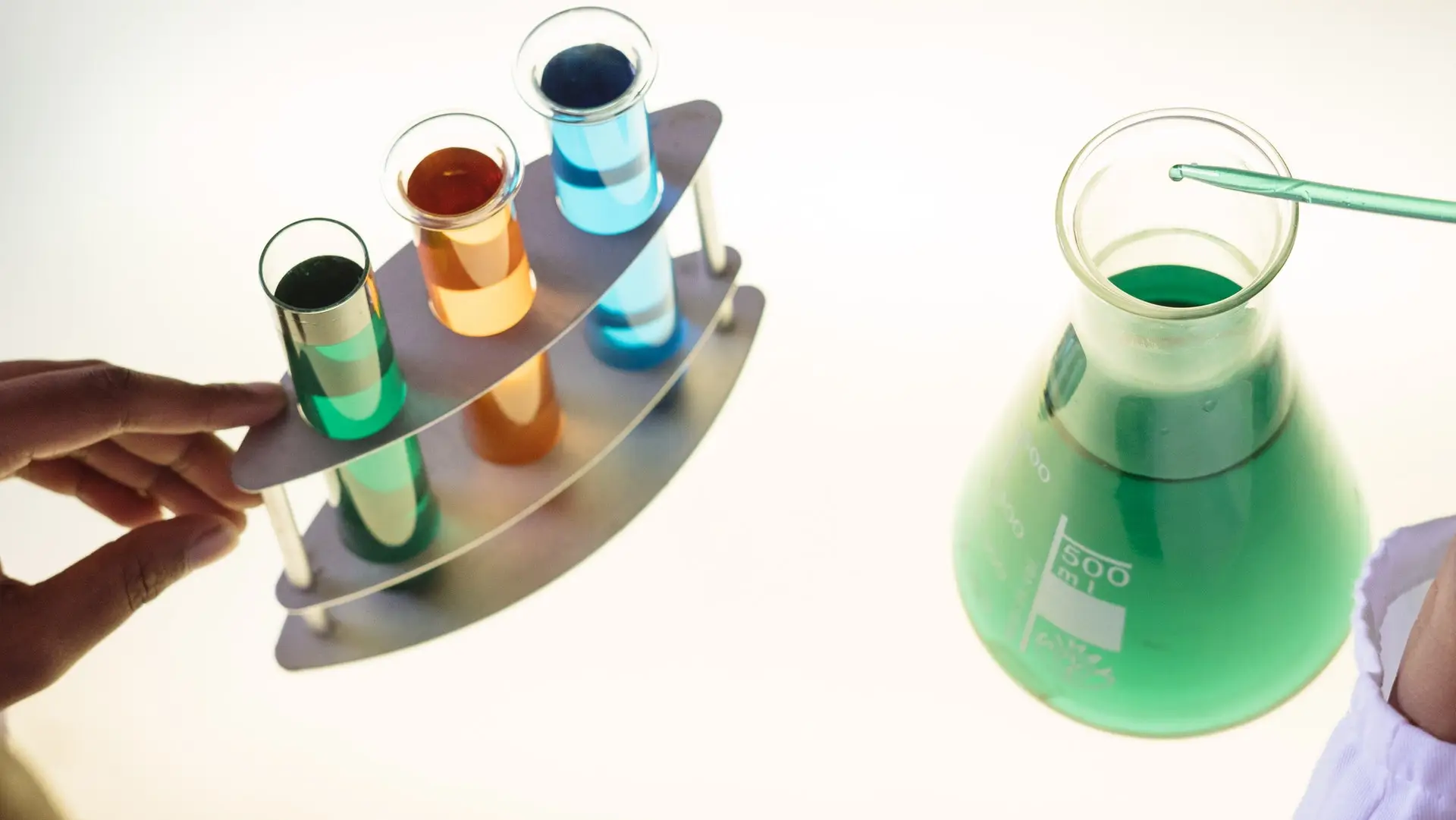

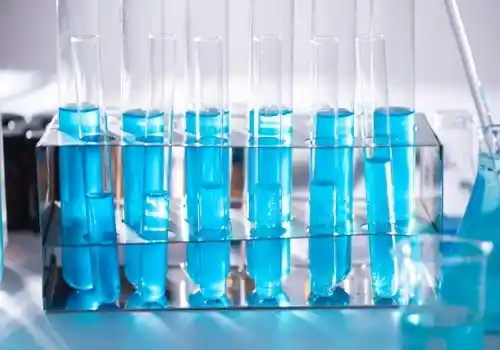
Tissue Engineering
It covers the process of producing body tissues by imitating the conditions in laboratory conditions and applying them to the patient. Within the scope of GMP and related legislation, conditions for clinical practice must be met for this type of service and production.
The establishment of processes, determination of requirements, and production principles should be planned and executed by experts.
Molecular Biology
In recent years, the common field created as a result of developments in the fields of genetics, biochemistry, and biophysics is called molecular biology. It examines living things at the molecular level and identifies nucleic acid, protein, and enzyme structures with advanced technological analysis devices. With the help of the new methods developed, the real causes of the diseases were understood in a rapid development process, allowing different treatment approaches. As a result of these developments, we hear a lot about recombinant DNA technologies today.
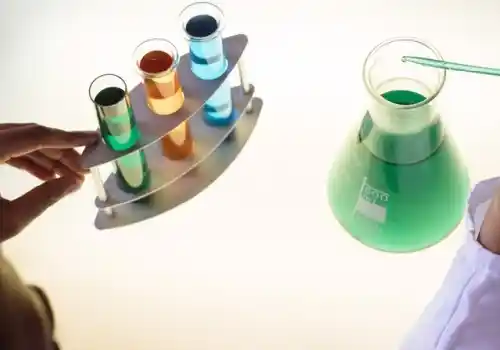
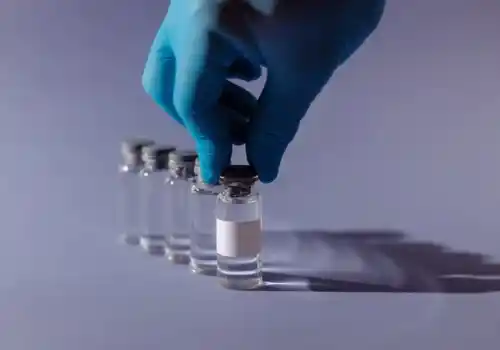
Regenerative Medicine
Regenerative medicine (regenerative medicine) is the science that examines the effect of stem cells and examines the self-repairing ability of damaged cell tissues and organs of the body. Among the treatment methods applied today, are prolotherapy, PRP, GCF (plasma rich in growth factors) stem cell (CD34) Bone marrow stem cell applications (BMAC). With these treatment techniques, it is aimed to correct pathologies in organs and tissues with stem cells that have the potential to transform into different cell types.
Stem Cell and Cellular Therapies
Cells in the human body are capable of renewing themselves and transforming into different cell types. These cells, called stem cells, can divide and reproduce, unlike muscle and nerve cells that cannot reproduce. The stem cell, which enables the formation of hundreds of thousands or even millions of cells from a single cell, can also reproduce by dividing to renew itself. Although stem cells cannot provide oxygen transport and hormonal and neural transmission, they play a role in the formation of cells that must fulfill these vital functions. The stem cell, which can renew itself for a lifetime, transforms into other cells. It differentiates in line with the needs of the body and ensures the development, maturation, and proliferation of other cells. However, as age progresses, the amount of blood cells in the body decreases compared to other cells. While 1 out of every 10 thousand cells in newborn babies is a stem cell, in a 65-year-old person, only 1 out of every 1 million cells is a stem cell. Damaged tissues and organs become irreparable due to the decrease in the number of stem cells with aging. Therefore, stem cell therapy is very important in the treatment of many diseases that may result in death, some types of cancer, and congenital blood diseases.
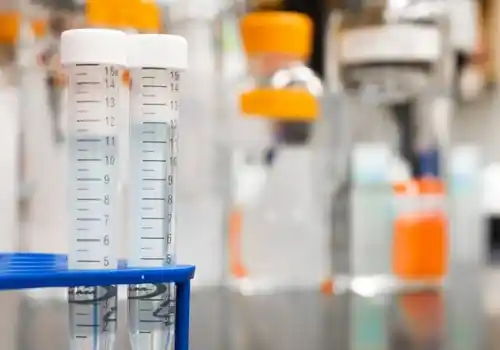
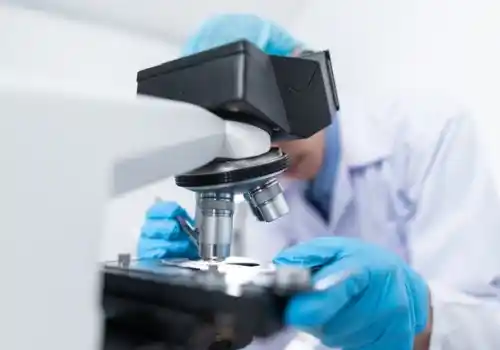
Consultancy
In line with our knowledge and skills, we provide services to your projects in the field of Biotechnology with our expert consultant staff on the subjects you need.
R-D & P-D
New product studies and product improvement studies in the production line with International and National Research Project Partnership within our working areas.
